What Is Cholesterol?
Cholesterol is a fat-like substance found in our bodies. It helps us build cells and hormones, and also plays a role in blood clotting. Too much cholesterol can cause heart disease or stroke. How much should I eat?
There are two main types of cholesterol:
- Low-density lipoprotein (LDL) cholesterol: LDL cholesterol is often referred to as "bad" cholesterol because it can contribute to the build-up of plaque in the arteries, which can increase the risk of heart disease.
- High-density lipoprotein (HDL) cholesterol: HDL cholesterol is often referred to as "good" cholesterol because it helps to remove LDL cholesterol from the arteries and transport it back to the liver for removal from the body.
Please watch the video: What Is Cholesterol? The Best Way To Control It!
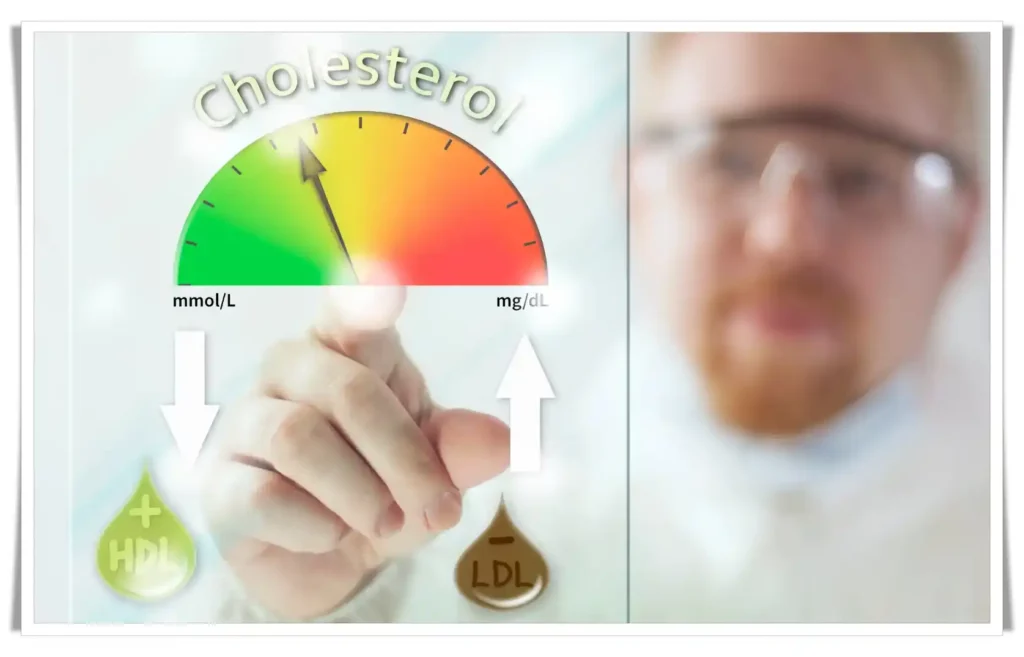
What Is Cholesterol? The Best Way To Control It!
It is important to maintain a healthy balance of LDL and HDL cholesterol in the blood to reduce the risk of heart disease. A diet high in saturated and trans fats, as well as a sedentary lifestyle, can increase the risk of high LDL cholesterol. On the other hand, a diet rich in fruits, vegetables, and fibre, as well as regular physical activity, can help to maintain healthy LDL and HDL cholesterol levels. If you have high cholesterol or are at risk of developing it, it is important to work with a healthcare provider to develop a plan to manage it.
There are several ways to reduce cholesterol, including taking statins, changing your diet, and using plant sterols. These natural supplements can help lower bad cholesterol without causing side effects.
Please watch the video: What Is Cholesterol? The Best Way To Control It!

What Is Cholesterol? The Best Way To Control It!
To function smoothly, our body also needs cholesterol, just as it needs vitamins, minerals, carbohydrates, and other nutrients. This substance is found in the structure of certain hormones, but especially in the composition of cell membranes in animal tissues, thus contributing to their formation. In other words, cholesterol is not always harmful to the body. On the contrary, it provides a whole series of processes that we will also discuss in this article. What we have to know, however, is the fact that an increased level of cholesterol can lead to the appearance of many cardiovascular diseases.
What It Is And What Role It Plays
Is a substance with a chemical structure of sterol that is part of the membranes that surround and protect the liver, spinal cord, brain, and other tissues. In addition, it is also found in plant-based foods, especially seeds and oleaginous fruits or oils.
According to studies, a large part of cholesterol is synthesized by the liver, and what is in excess is stored in the body, on the walls of blood vessels, over time leading to the appearance of various types of ailments. When in optimal amounts, however, cholesterol promotes a whole series of vital biochemical processes:
Please watch the video: What Is Cholesterol? The Best Way To Control It!
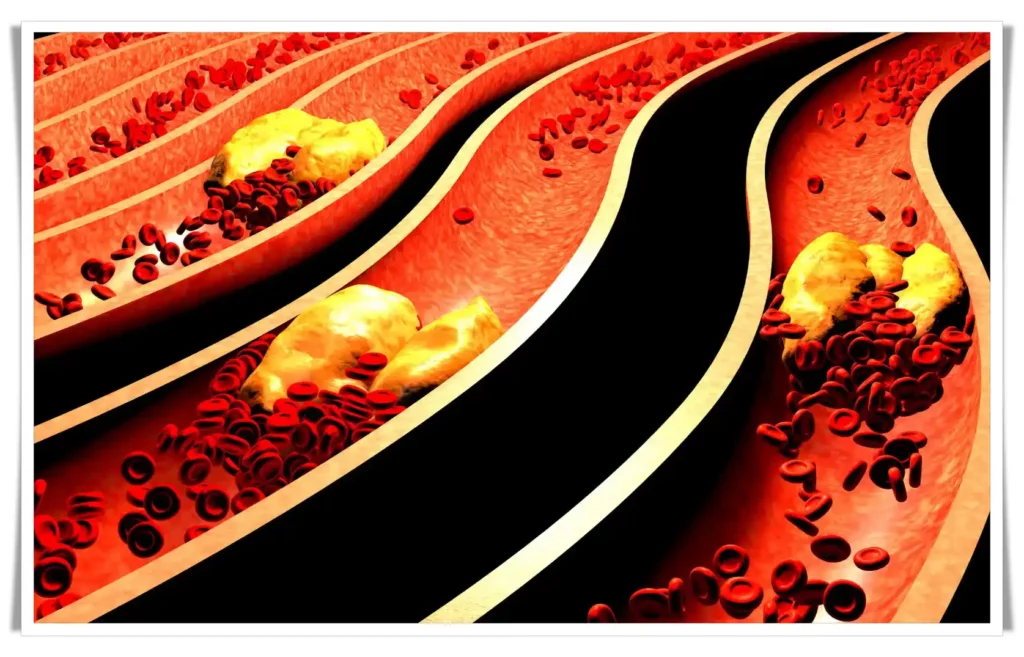
What Is Cholesterol? The Best Way To Control It!
- Improves and regulates the immune system;
- Protects cells, favouring their ability to metabolize and produce energy;
- It helps to synthesize sexual and reproductive hormones (estrogens, testosterone);
- Protects the cardiovascular system and the muscles of the whole body;
- It is responsible for the synthesis of neurotransmitters, favouring the formation of neural connections;
- It is vital in tissue growth, development and healing;
- Helps synthesize vitamin D3;
- It supports the digestion process and contributes to the production of bile (the liquid secreted by the liver);
- It performs a similar role to antioxidants, helping the body fight free radicals.
Types of Cholesterol: "Good Cholesterol" vs. "Bad Cholesterol"
Please watch the video: What Is Cholesterol? The Best Way To Control It!
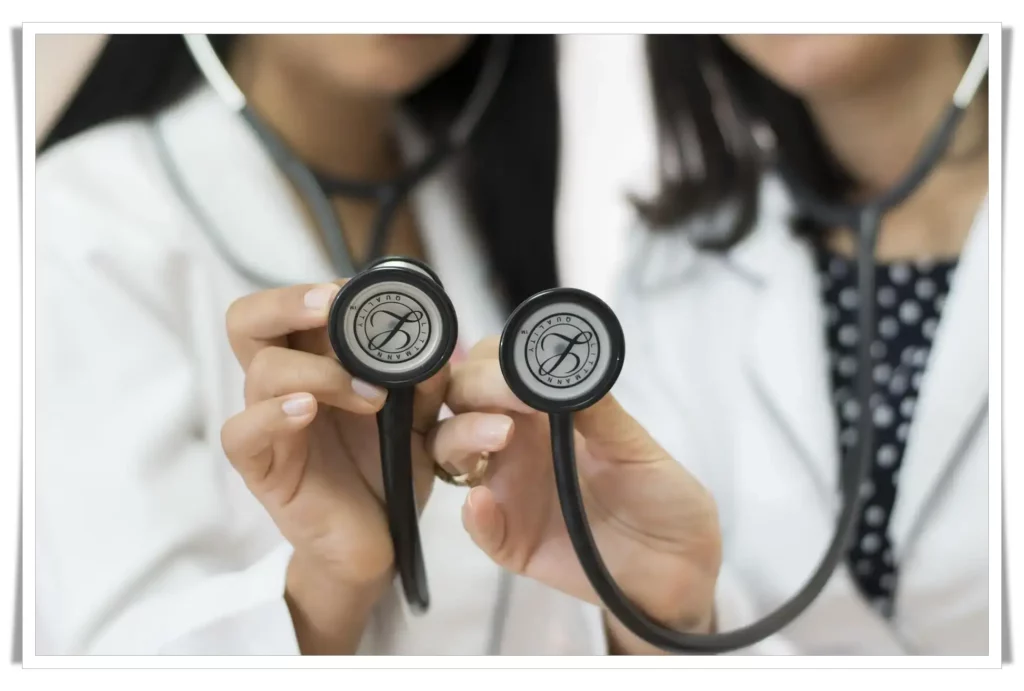
What Is Cholesterol? The Best Way To Control It!
Due to the fact that cholesterol molecules are insoluble in water, they are transported in the body by means of lipoproteins which, depending on the density, are classified into chylomicrons, VLDL (Very Low-Density Lipoprotein), LDL (Low-Density Lipoprotein), IDL (Intermediate Density Lipoprotein), HDL (High-Density Lipoprotein).
Cholesterol embedded in LDL lipoproteins is also called "bad cholesterol" because it transports fats from the liver to all cells of the body, especially around the blood vessels where they are stored, causing atherosclerosis and other diseases associated with the cardiovascular system. Instead, the cholesterol embedded in HDH is also called "good cholesterol" because it prevents the formation of atheromatous plaque (fatty deposit), transporting excess cholesterol back to the liver, where it is processed and eliminated from the body.
What Tests Are Done To Find Out Cholesterol Values?
"Good cholesterol" and "bad cholesterol" together with triglycerides (also fats) make up total cholesterol, which can be determined at a laboratory with a blood test also called a panel or lipid profile, which measures both fats and lipids. It is usually the general practitioner who recommends this test and can also interpret it.
Please watch the video: What Is Cholesterol? The Best Way To Control It!
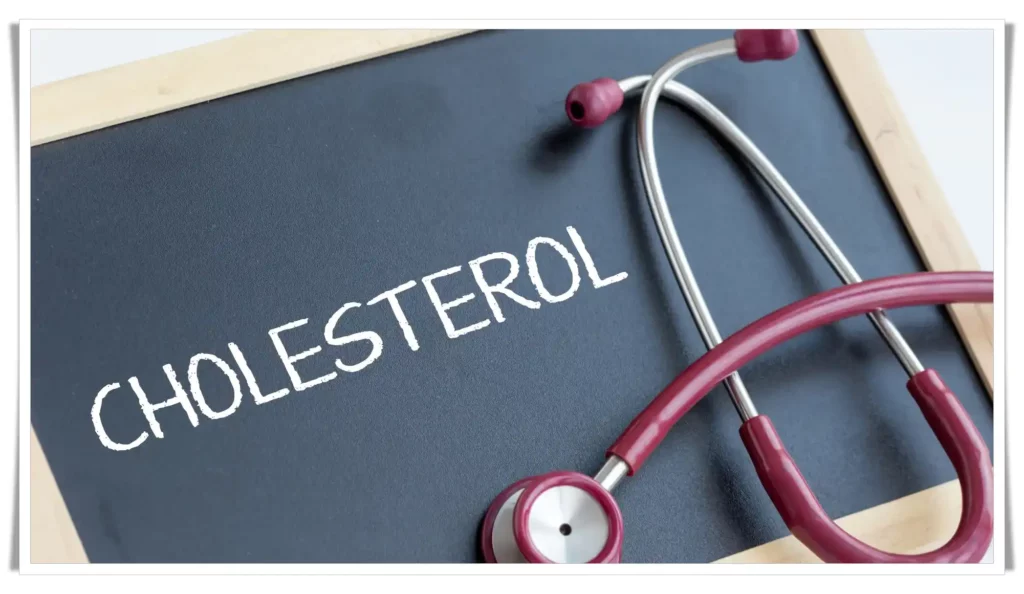
What Is Cholesterol? The Best Way To Control It!
There are several tests that can be used to measure cholesterol levels in the blood. The most common test is a lipid panel, also known as a cholesterol test or cholesterol panel. This test measures the levels of total cholesterol, LDL cholesterol, HDL cholesterol, and triglycerides in the blood. A lipid panel is usually done after fasting for 9-12 hours and can be ordered by a healthcare provider as part of a routine check-up or if you have risk factors for heart disease.
Another test that can be used to measure cholesterol levels is a non-fasting cholesterol test. This test does not require fasting and can be done at any time. However, the results of a non-fasting cholesterol test may not be as accurate as those of a fasting cholesterol test, so it is usually not the preferred method for measuring cholesterol levels.
Other tests that may be used to measure cholesterol levels include a direct LDL cholesterol test, which measures LDL cholesterol levels directly, and a cholesterol absorption test, which measures how much cholesterol is being absorbed into the body. These tests may be ordered if a healthcare provider needs more detailed information about cholesterol levels or if a person has unusual cholesterol levels.
Cholesterol Risk Calculator
High cholesterol can be dangerous, but there’s no reason to worry about it until you know if you have it. Use this free online tool to find out!
Please watch the video: What Is Cholesterol? The Best Way To Control It!
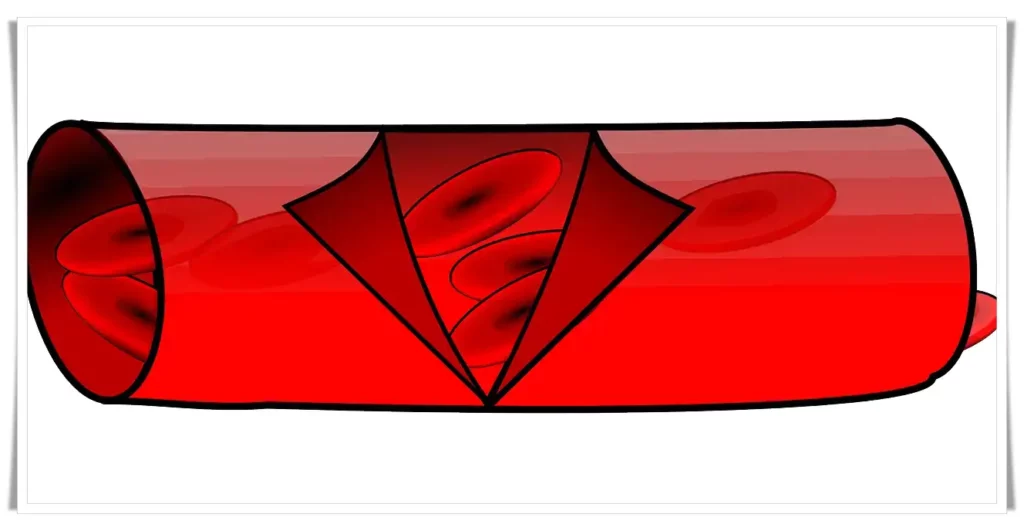
What Is Cholesterol? The Best Way To Control It!
Triglyceride Levels
Triglycerides are lipid fractions (lipids) saturated and unsaturated, and their role is to provide the body with the energy it needs daily. Normal values of triglycerides are below 150 mg/dl. Hypertriglyceridemia or the increased level of triglycerides is an indicator of insulin resistance, especially when associated with increased LDL ("bad" lipid fraction) and low HDL ("good" lipid fraction). Increased triglycerides can cause coronary diseases, and are involved in the occurrence of metabolic syndrome, and values above 500 mg/dl can lead to the occurrence of pancreatitis.
As you already read, the LDL cholesterol goal depends on a number of factors. (See 'LDL cholesterol' above.) Triglycerides — High triglyceride levels are also associated with an increased risk of cardiovascular disease.
Type of Fat
There are terms that we do not know very well, and different types of fats influence our bodies. The effects produced by fats are reflected both internally and externally. Learn more about the fats we get from food, how they should be consumed and what is their importance to our bodies.
Please watch the video: What Is Cholesterol? The Best Way To Control It!
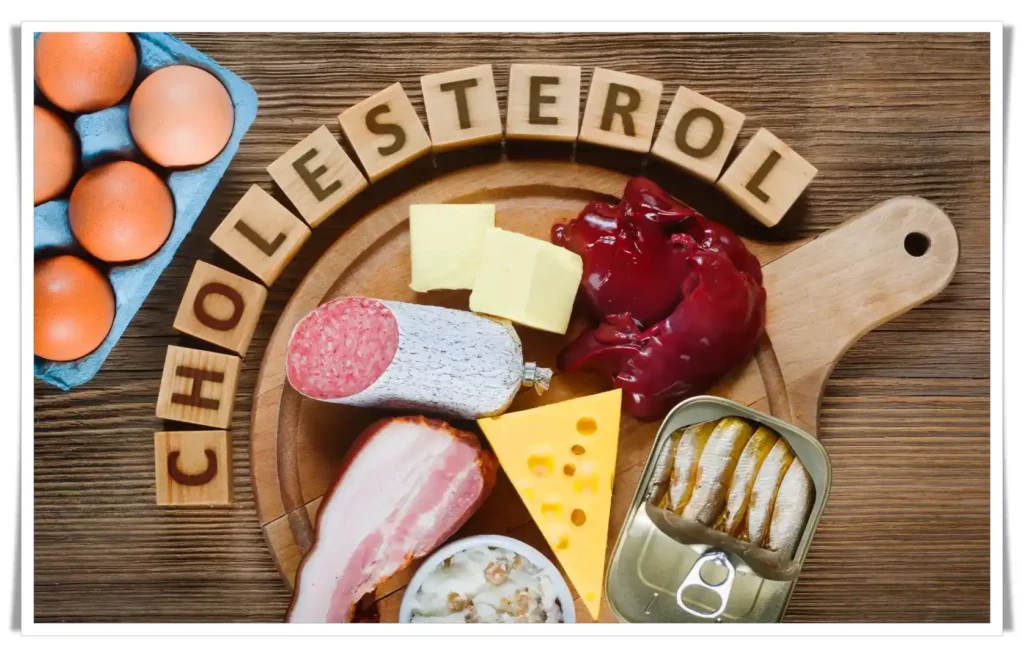
What Is Cholesterol? The Best Way To Control It!
- Saturated
- unsaturated
- monosaturated
- fatty acids
- essential fatty acids
- trans fatty acids
- omega-3 and omega-6
- partially hydrogenated fats.
If you have wondered what all these fats mean and why it matters which type we use, you will find out below what each type of fat means and how certain forms found in food can affect your body.
What Is The Optimal Level Of Cholesterol In The Blood
To determine the amount of cholesterol, simply present yourself at the analytical laboratory for collection. It is advised that you refrain from eating or drinking anything other than water 9-12 hours before the blood test. The four readings are measured in milligrams per deciliter and fall within the boundaries listed below:
- Total cholesterol - good values: < 200 mg/dl, limit values: 200 - 239 mg/dl, above the normal limit: > 240 mg/dl;
- LDL: good values: < 100 mg/dl, limit values: 120 - 159 mg/dl, above the normal limit: > 160 mg/dl;
- HDL: good values: > 60 mg/dl, borderline values: 40-50 mg/dl, above the optimal limit: < 40-50 mg/dl;
- Triglycerides: good values: < 149 mg/dl, borderline values: 150 - 199 mg/dl, above the optimal limit > 200 mg/dl.
Please watch the video: What Is Cholesterol? The Best Way To Control It!
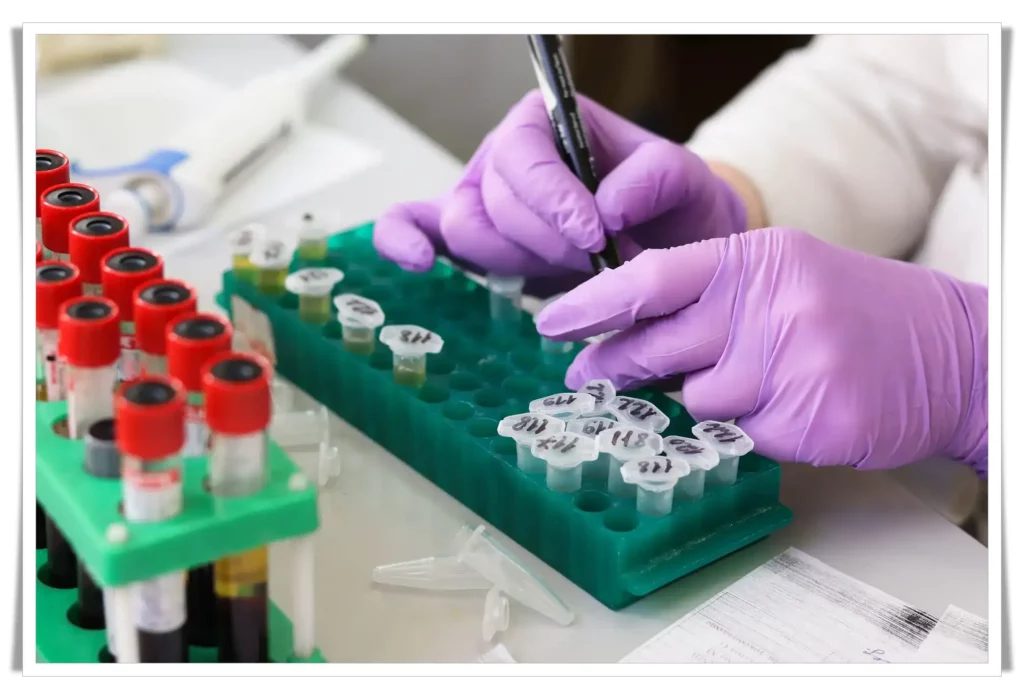
What Is Cholesterol? The Best Way To Control It!
Furthermore, these levels change between adults and children, with the optimum level being lower by 20-30 mg/dl. For example, if a 30-year-old person's total beneficial cholesterol cannot exceed 200 mg/dl, a child's optimal number should be less than 170 mg/dl, and LDL 110 mg/Mister.
This is just a guide. The levels you should aim for might be different. Ask your doctor or nurse what your levels should be.
What To Do If Your Cholesterol Level Is High?
If the results of the analysis say that the value of total cholesterol is high, you should know that there may be several factors that influenced the appearance of the imbalance:
- Smoking is one of the causes that lead to the thickening of blood vessels and the accumulation of cholesterol molecules on their walls. In addition, some studies have shown that tobacco leads to a decrease in the level of "good" cholesterol and an increase in "bad" cholesterol.
- Excessive alcohol consumption - in one of the research published in 2000 by the American Heart Association (AHA), specialists concluded that alcohol has the ability to increase the level of high-density lipoproteins (HDL cholesterol) and reduce the level of high-density lipoproteins low (LDL cholesterol). Consumed in excess, alcohol thus becomes harmful.
Please watch the video: What Is Cholesterol? The Best Way To Control It!

What Is Cholesterol? The Best Way To Control It!
- The excessive consumption of foods rich in saturated fat is on the top of the most obvious causes that lead to imbalances related to the level of cholesterol in the blood. Even though the body needs fats to function properly, they should be consumed in moderation and unsaturated ones (Omega 3, Omega 6) are usually recommended. Saturated, unhealthy fats are those fats that are solid at room temperature but melt when heated, for example, butter, lard, and margarine.
- Genetic causes - there are many patients who have inherited a predisposition to high cholesterol from their mother or father and this tendency is called "familial hypercholesterolemia".
- Obesity and sedentary lifestyle - lack of movement and intense physical activity, combined with an unbalanced diet lead to the appearance of fat deposits on the walls of blood vessels.
- Old age - due to the fact that, with age, the metabolic processes of the body slow down more and more, and the cholesterol level will increase. In the case of women, menopause is another factor that can lead to an imbalance in LDL levels.
- Other medical conditions - kidney failure, anorexia nervosa, hypothyroidism, Cushing's syndrome, nephrotic syndrome, and alcoholism are some of the diseases that can lead to increased blood cholesterol levels.
Please watch the video: What Is Cholesterol? The Best Way To Control It!
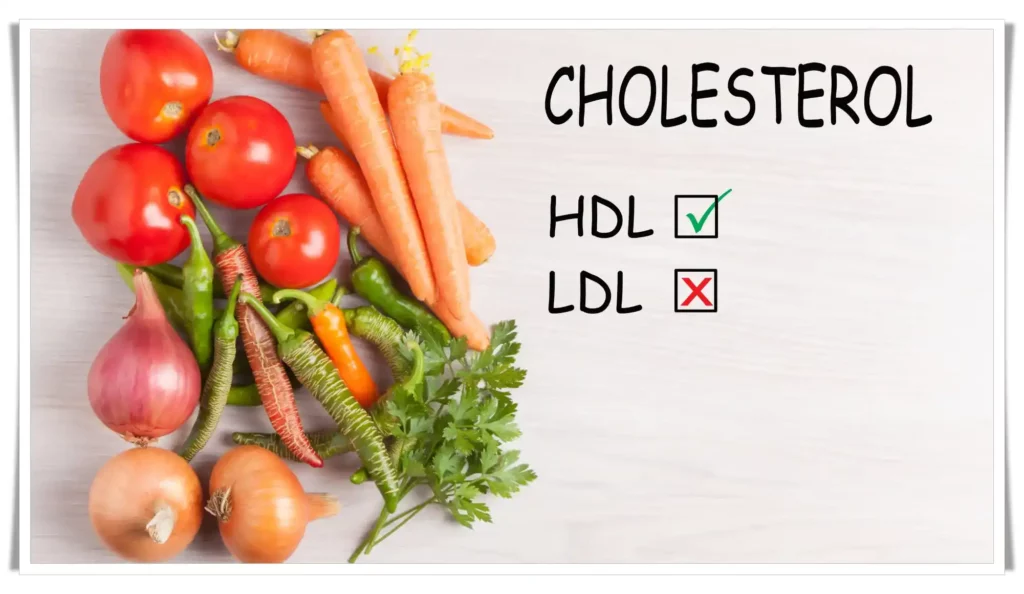
What Is Cholesterol? The Best Way To Control It!
If your cholesterol level is high, it is important to take steps to manage it to reduce the risk of heart disease. Here are a few steps you can take:
- Make lifestyle changes: A healthy diet, regular exercise, and not smoking can help to lower LDL cholesterol and raise HDL cholesterol. A diet low in saturated and trans fats and high in fruits, vegetables, and fibre can help to lower LDL cholesterol. Aim for at least 150 minutes of moderate-intensity exercise per week or 75 minutes of vigorous-intensity exercise.
- Take medications: If lifestyle changes alone are not enough to lower cholesterol, your healthcare provider may prescribe medications to help manage it. These may include statins, which lower LDL cholesterol, or other cholesterol-lowering medications.
- Monitor your cholesterol levels: It is important to have your cholesterol levels checked regularly to monitor your progress and make any necessary adjustments to your treatment plan.
- Seek support: If you are struggling to manage your cholesterol, consider seeking support from a healthcare provider, a dietitian, or a support group. Having support can make the process easier and more successful.
By taking these steps, you can help to lower your cholesterol levels and reduce the risk of heart disease. It is important to work with a healthcare provider to develop a plan that is right for you.
What Diseases Can Cholesterol Occur And What Are The Risk Factors
Please watch the video: What Is Cholesterol? The Best Way To Control It!
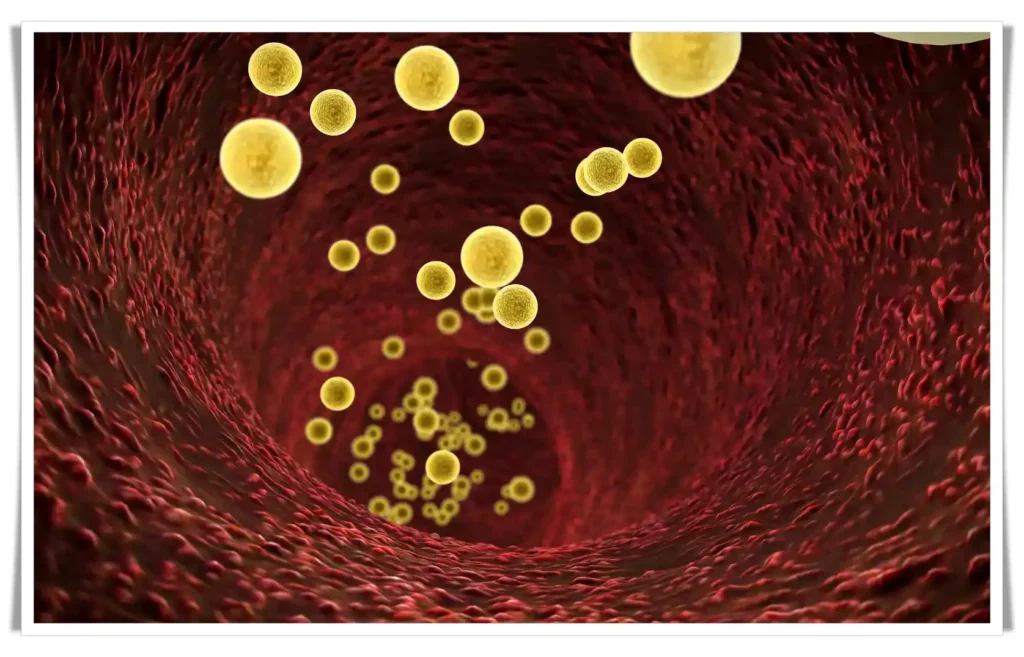
What Is Cholesterol? The Best Way To Control It!
The problems begin with the formation of atheroma plaque, that is, accumulations of LDL cholesterol located at the level of the intima (the inner tunic of the blood vessel). These plaques attract, over time, more leukocytes and particles of lipids, fats that narrow the blood vessels, calcify them and make them lose their elasticity. This is the first cause that leads to a decrease in blood supply to the tissues, generating ischemic-type suffering and serious cardiovascular diseases:
- Atherosclerosis;
- Heart failure;
- High blood pressure;
- Peripheral arterial disease;
- Heart attack;
- Stroke.
In addition to diseases related to heart health, high cholesterol can predispose patients to develop type 2 diabetes.
Symptoms
Even if at first, the patient may be asymptomatic, when the lesions become stenotic and the blood flow is affected, chest pain (angina pectoris), pain in the lower limbs, abdominal pain (mesenteric infarction), cerebral infarction, dizziness, memory loss also appear, or other symptoms that signal that the nervous system (brain) is no longer properly oxygenated.
Please watch the video: What Is Cholesterol? The Best Way To Control It!
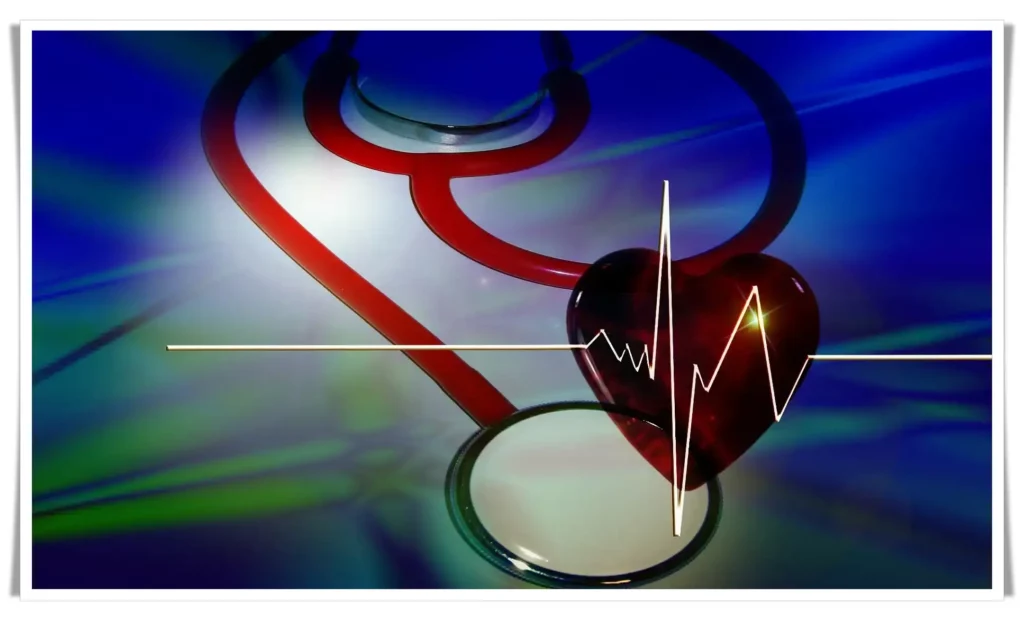
What Is Cholesterol? The Best Way To Control It!
How To Rebalance Your Cholesterol Levels
If you have already read what are the factors that led to the increase the cholesterol levels, then you also know what to do to reach an optimal value, which does not put your whole health at risk. First of all, you need to eliminate a large part of the causes of your lifestyle: smoking, fatty foods, alcohol, sedentary lifestyle, and stress and use some of the methods that every person has at hand:
Please watch the video: What Is Cholesterol? The Best Way To Control It!

What Is Cholesterol? The Best Way To Control It!
Lifestyle Change
The sooner you begin making healthy lifestyle choices, the better off you will be as you age. This is especially true for people who have excessive cholesterol.
Cholesterol is a fatty substance found in some meals that are created by the body. Your body needs a specific level of cholesterol to operate correctly, but having too much cholesterol in your blood increases your chances of having a heart attack or stroke.
Excess cholesterol that our bodies do not utilize gets accumulated on the walls of blood arteries, resulting in blockages.
Fortunately, when cholesterol is not far above normal limits, it can be regulated without drug treatment, just by adopting a healthy lifestyle that involves the following changes:
- Replace in your diet fried products, fast food, saturated fats (butter, lard, animal fat), refined sweets with steamed, boiled, or baked vegetables, and foods containing unsaturated fats (avocado, fish meat, seeds ground flax);
- Replace any type of alcohol with teas that have beneficial effects on cholesterol and triglycerides: red tea, green tea, hibiscus, ginger tea, mint tea;
- Eat foods rich in Omega-3 acids, which reduce the level of LDL and increase the level of HDL cholesterol (good cholesterol): salmon, mackerel, herring, almonds, and flax seeds;
- Quit smoking;
- Get more exercise, especially cardio (aerobics, running, brisk walking, Zumba, dancing); any kind of individual or even team sport.
- Keep your weight under control. (Read how to get rid of calories!)
Consume heart-healthy meals.
A few dietary modifications can help decrease your cholesterol and enhance your cardiovascular health.
Please watch the video: What Is Cholesterol? The Best Way To Control It!

What Is Cholesterol? The Best Way To Control It!
First, you must minimize your consumption of saturated fat. They are found mostly in red meat and high-fat dairy products, and they regrettably boost total cholesterol. Reduced intake can reduce low-density lipoprotein (LDL) cholesterol, also known as "bad" cholesterol. Consume meals high in omega-3 fatty acids instead. Omega-3 fatty acids provide several heart-health advantages, including blood pressure reduction. Salmon, mackerel, herring, walnuts, and flaxseeds are all high in omega-3 fatty acids.
Practice sports on most days of the week to boost your physical activity.
Exercise can help lower cholesterol. Moderate physical exercise can aid in the increase of high-density lipoprotein (HDL) cholesterol or "good" cholesterol. Get up to 30 minutes of exercise five times a week, or 20 minutes of strenuous aerobic activity three times a week, with your doctor's consent.
Please watch the video: What Is Cholesterol? The Best Way To Control It!

What Is Cholesterol? The Best Way To Control It!
Increasing your physical activity, even in brief spurts many times each day can help you begin to lose weight. You may take a short stroll during lunch, ride your bike to work or participate in your favourite activity.
Find methods to integrate extra movement into your everyday routine, such as taking the stairs instead of the elevator or parking further away from your workplace.
Health Condition
However, if you have an existing health condition and are not exercising regularly, you should consult your GP before starting an exercise program.
The Medication
In the situation where the cholesterol value has far exceeded the permitted level, the doctor will recommend, in addition to adopting a much healthier lifestyle, also an allopathic treatment based on drugs belonging to the following categories: cholesterol absorption inhibitors, statins, and injectable cholesterol medications.
Even if an unsatisfactory test result can scare us, we must not forget that it is an alarm signal that says it is time to improve our lifestyle. We can do this before we expose ourselves to far worse risks. Through a healthy diet, sports, exercise and increased attention to your body, the level of cholesterol in the blood can be brought to optimal parameters.
If you have questions or want to comment, please leave them below and I will answer as soon as I can. Thank you for reading ''What Is Cholesterol? The Best Way To Control It!''
What Is Cholesterol? The Best Way To Control It!
How Impact Dietary Cholesterol on Cancer?
If you have questions or want to comment, please leave them below and I will answer as soon as I can. Thank you!





Pingback: The Best Tips To Avoid Bloating - bc-educate
The article is great for anyone who wants to control their cholesterol. It has a lot of useful information on how to lower your LDL and HDL levels, which are the bad cholesterol in your blood and the good cholesterol in your blood respectively. I love this article because it gives you an easy way to get rid of all kinds of problems related to high or low cholesterol levels that may cause heart disease. The information provided by this article is extremely valuable and very helpful for people who want to be healthy!
Pingback: What Are The Best Foods For Your Health? - bc-educate
Your point of view caught my eye and was very interesting. Thanks. I have a question for you.
Your point of view caught my eye and was very interesting. Thanks. I have a question for you.
Wow, amazing weblog format! How long have you ever
been blogging for? you made blogging look easy. The full glance of
your site is magnificent, as well as the content material!
You can see similar: sklep internetowy and
here najlepszy sklep
I’m impressed, I have to admit. Seldom do I encounter a blog that’s both
equally educative and interesting, and let me tell
you, you have hit the nail on the head. The problem is something too few
people are speaking intelligently about. I am very happy that I found this
in my search for something concerning this. I saw similar here:
najlepszy sklep and also here:
e-commerce
order lipitor pill lipitor medication how to buy lipitor